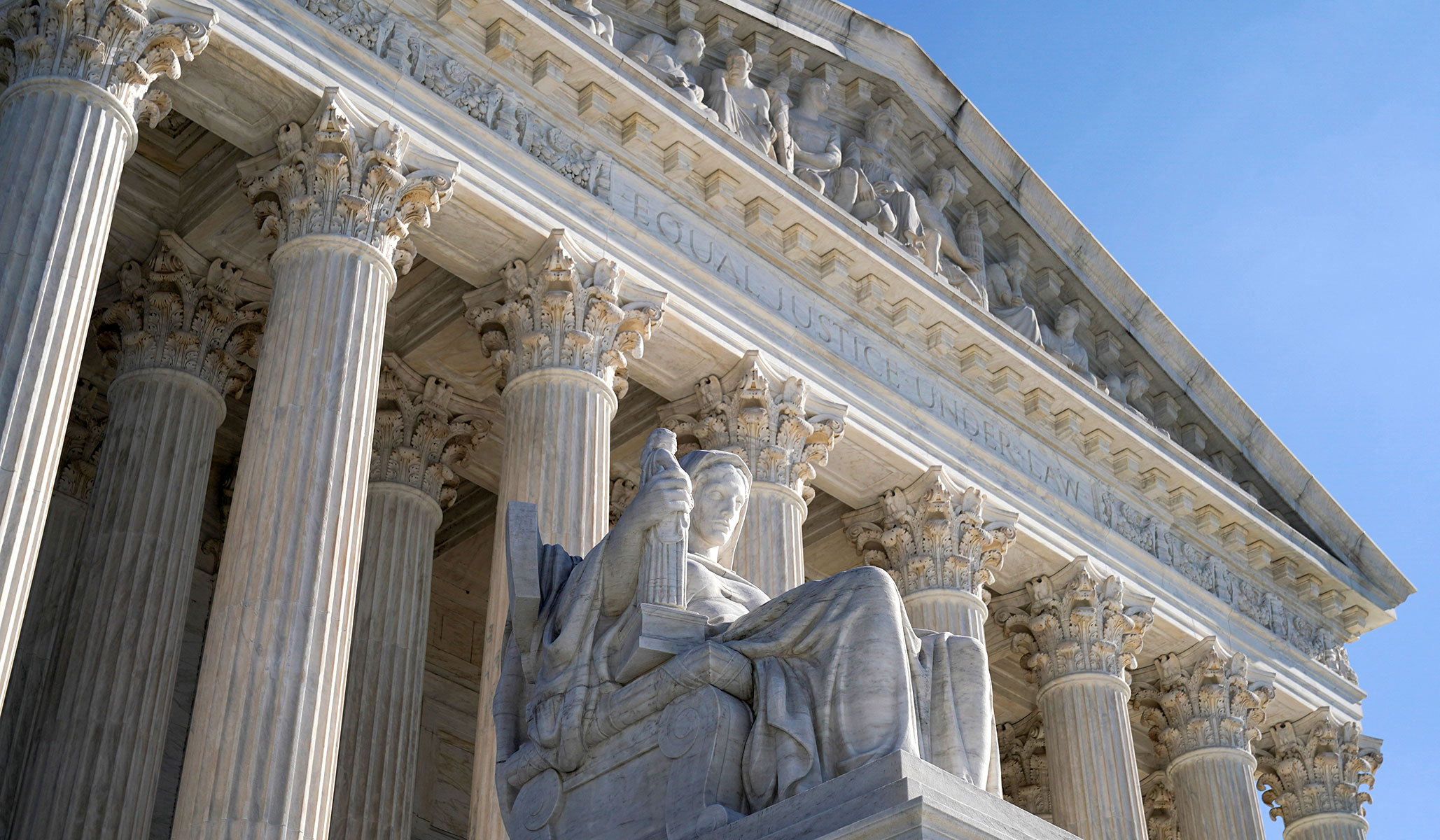Dan does his characteristically stellar job explaining today’s Supreme Court ruling that reinstates the death penalty for convicted Boston Marathon bomber Dzhokhar Tsarnaev. The Court also decided today a case at the crossroads of two bodies of law that rub our libertarian streak the wrong way — (1) FISA (the Foreign Intelligence Surveillance Act of 1978), which enables the government to monitor suspected clandestine agents of foreign powers based on highly classified warrants obtained from a secret federal court on no notice, ever, to the people monitored (who may be American citizens); and the (2) “state-secrets” doctrine, which pertains to a government privilege to forbid courts from disclosing state and military secrets, even if that means a facially valid legal claim for relief must be dismissed.
Even though the rules applicable to FISA and state-secrets can be tricky, and the situations in which they apply complex, today’s case, FBI v. Fazaga, was sufficiently straightforward that it produced the rare unanimous decision, with the Court’s opinion written by Justice Samuel Alito.
The case involved Muslim men in California who filed a class action against the bureau and various national-security officials, claiming to have been subjected to illegal surveillance under FISA — essentially, singled out for no reason other than their Islamic faith. The Obama administration’s attorney general, Eric Holder, moved to dismiss these claims pursuant to the state-secrets privilege, explaining that to confirm or deny whether the FBI had conducted particular counterintelligence investigations, whether a particular individual had been subjected to FISA surveillance, and what the basis may have been for any such investigation (if one existed), would cause significant national-security harm, particularly insofar as it revealed national-defense secrets and the government’s methods and sources for obtaining them.
The federal district court agreed, holding that the privilege required dismissal of the plaintiffs’ claims. Yet, in a surprising ruling, or at least one that would have been surprising if it hadn’t come from the Ninth Circuit, the appellate court reversed. It held that, in enacting FISA, Congress had supplanted the state-secrets privilege with a FISA provision — Section 1806(f) — that addresses remedies that apply to illegal surveillance.
The Supreme Court rejected the Ninth Circuit’s ruling. Very simply, courts assume that Congress does not tacitly work major changes in the law. Unless lawmakers have “used clear statutory language,” our presumption is that Congress did not undertake to alter settled law — and the state-secrets privilege is well-settled. The Court, moreover, reasoned that since FISA and the state-secrets privilege operate in different ways to achieve different objectives, nothing about the operation of FISA’s Section 1806(f) is incompatible with the state-secrets privilege.
Indeed, the vast majority of the time, they won’t intersect at all. In the main, Section 1806(f) arises only when the government is trying to make some affirmative use of FISA-collected evidence that an “aggrieved” person claims was collected illegally (whether in noncompliance with FISA’s terms, under the Fourth Amendment, or some similar claim). Plainly, if the government believes that using FISA evidence would trigger disclosures that could imperil national security, there will be no need to invoke the state-secrets privilege since the government will refrain from using the FISA evidence in the first place.
Fazaga presented the unusual situation in which claimants, who have no idea whether they were actually monitored, tried to find out by forcing the government to disclose. They then claimed to be “aggrieved” by a government use of the FISA evidence (theoretically triggering the FISA-remedy provision) because, they rationalized, the government had to have made use of the evidence in order to figure out how to respond to their claim.
Nice try.
The plaintiffs and the Justice Department posited different interpretations of how the FISA-remedy provision works and under what circumstances it applies. Justice Alito explained that because the Court was able to dispose of the case on the narrow ground that FISA does not displace the state-secrets privilege, there was no need to decide which (if either) interpretation of FISA was correct.
